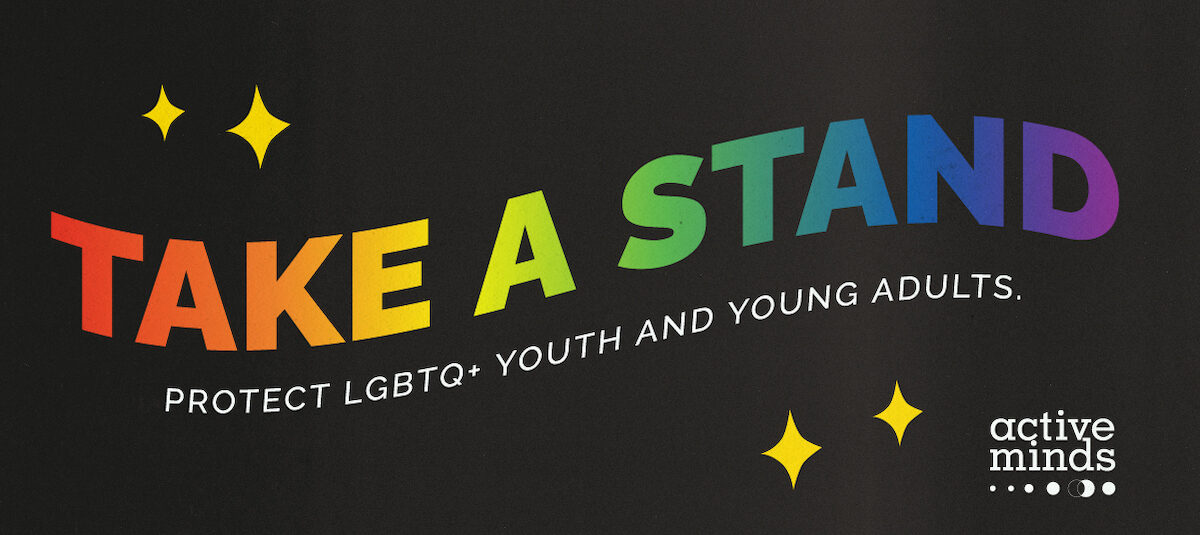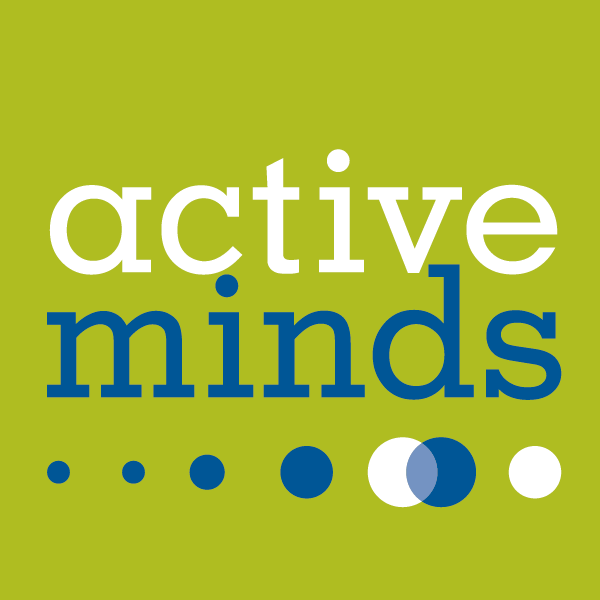The numbers are staggering: it’s been revealed that 82% of LGBTQ+ students reported experiencing first-hand bullying or harassment. The impact of this behavior, coupled with a lack of safe spaces, contributes to LGBTQ+ youth reporting higher rates of depression, anxiety, and suicidality. Creating inclusive spaces for historically oppressed communities, like individuals who identify as LGBTQ+, is pivotal in facilitating a more just, and thus healthier, society. This includes promoting safe, equitable environments for LGBTQ+ students and youth within the education system. During the first two weeks of 2023 alone, numerous states have collectively introduced 150 anti-LGBTQ+ legislative bills, according to The Trevor Project, and that number has continued to grow. Thus, it is critical that we help protect and show up for our LGBTQ+ community. One way to honor LGBTQ+ students’ mental health while raising awareness of the injustices faced by this community is to take part in the annual Day of Silence.
Day of Silence is an annual event that occurs every second Friday of April and aims to bring attention to the bullying and harassment LGBTQ+ students often experience in school; its purpose is to silently, and peacefully protest anti-LGBTQ+ bullying. Students use their silence as a form of protest to call attention to the effects of bullying, harassment, and discrimination on LGBTQ+ youth and young adults.
Given the significance of Day of Silence, you may wonder: how can I take part at my school? If your school has a GSA or LGBTQ+ student organization, we recommend finding out if they have any plans to participate in the day. If there isn’t an LGBTQ+ organization, we suggest connecting with your friends or members of your Active Minds Chapter to plan your participation. This can include creating name tags to wear during the day explaining why you are participating in Day of Silence, sharing resources to support LGBTQ+ peers, and organizing a “breaking the silence” event at the end of the day. We also recommend speaking with your teachers ahead of time, explaining that you plan to partake in Day of Silence, what this means to you, and asking them if it would be okay for you to communicate in class by writing. There are several ways to meet academic requirements without talking out loud — for example, students can lead a “silent lesson” or complete a written assignment. You can also take part in Day of Silence during non-instructional time, such as lunchtime or breaks between classes. Learn more about the do’s and don’ts of participating in Day of Silence here.
Our advocacy efforts in supporting LGBTQ+ students can’t end here, however. As Active Minds student leader Harmony shared, “Because LGBTQ+ individuals deal with unique problems, it’s important to listen and not invalidate problems because many might not understand the stress of coming out or the stress of being outed. So listening to LGBTQ+ students, and not invalidating why these issues are so prevalent in our lives is crucial because mental health for LGBTQ+ people, especially youth, is a completely different problem than the many others.”
This is a helpful reminder that while engaging in Day of Silence is a great way to champion and support LGBTQ+ youth and young adults’ mental health, we must continue advocating for the protection of this community every day. A few ways to help out, on an interpersonal level and beyond, include:
- Learn V-A-R®: V-A-R® (Validate-Appreciate-Refer)® is our everyday, three-step tool that can help you actively listen and effectively respond to peers. Having open, honest conversations could make all the difference; giving your peers a space to share their thoughts, listening, and validating LGBTQ+ experiences can go a long way.
- Reviewing the CALM Microaggression Tool: Despite best intentions, anyone can commit a microaggression, and these can harm members of the LGBTQ+ community. CALM is our digital guide that helps you repair and maintain relationships after perpetrating a microaggression.
- Donating to LGBTQ+ Organizations: If you’re able to support financially, giving to organizations such as the American Civil Liberties Union (ACLU) and The Trevor Project can have a real impact.
Taking part in Day of Silence is a simple yet powerful way to support LGBTQ+ young adults’ mental health, and brings us closer to a more inclusive, mentally healthy world.




